EDITORIAL
Published on 20 Jan 2021
Editorial: Cardiac Fibrosis, From Lineage Tracing to Therapeutic Application

doi 10.3389/fphys.2020.641771
- 2,138 views
- 4 citations
19k
Total downloads
74k
Total views and downloads
Select the journal/section where you want your idea to be submitted:
EDITORIAL
Published on 20 Jan 2021

REVIEW
Published on 15 Sep 2020

ORIGINAL RESEARCH
Published on 30 Jun 2020

REVIEW
Published on 21 May 2020
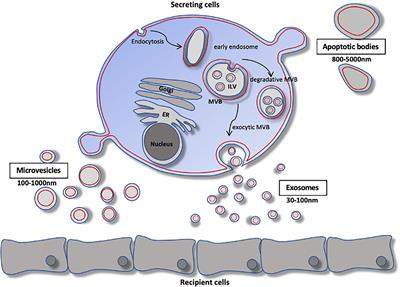
ORIGINAL RESEARCH
Published on 19 May 2020
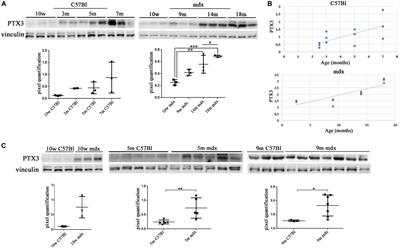
REVIEW
Published on 06 May 2020

METHODS
Published on 22 Apr 2020
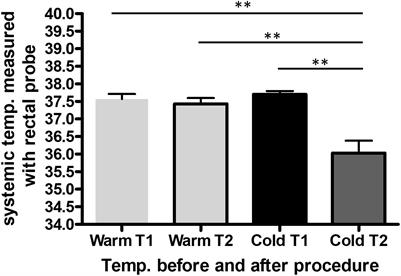
ORIGINAL RESEARCH
Published on 15 Apr 2020

REVIEW
Published on 08 Apr 2020

ORIGINAL RESEARCH
Published on 26 Mar 2020
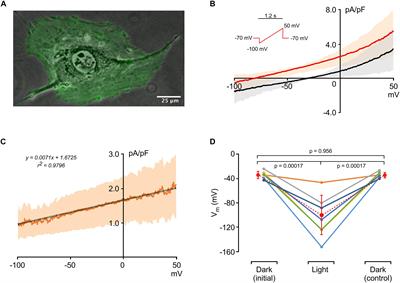
ORIGINAL RESEARCH
Published on 19 Mar 2020

ORIGINAL RESEARCH
Published on 12 Feb 2020
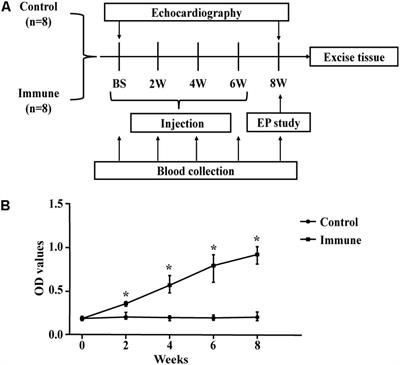

Frontiers in Cardiovascular Medicine
Frontiers in Oncology
Frontiers in Pharmacology